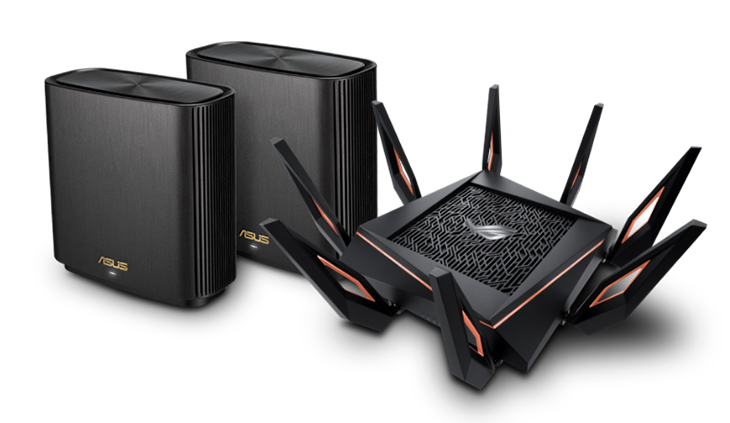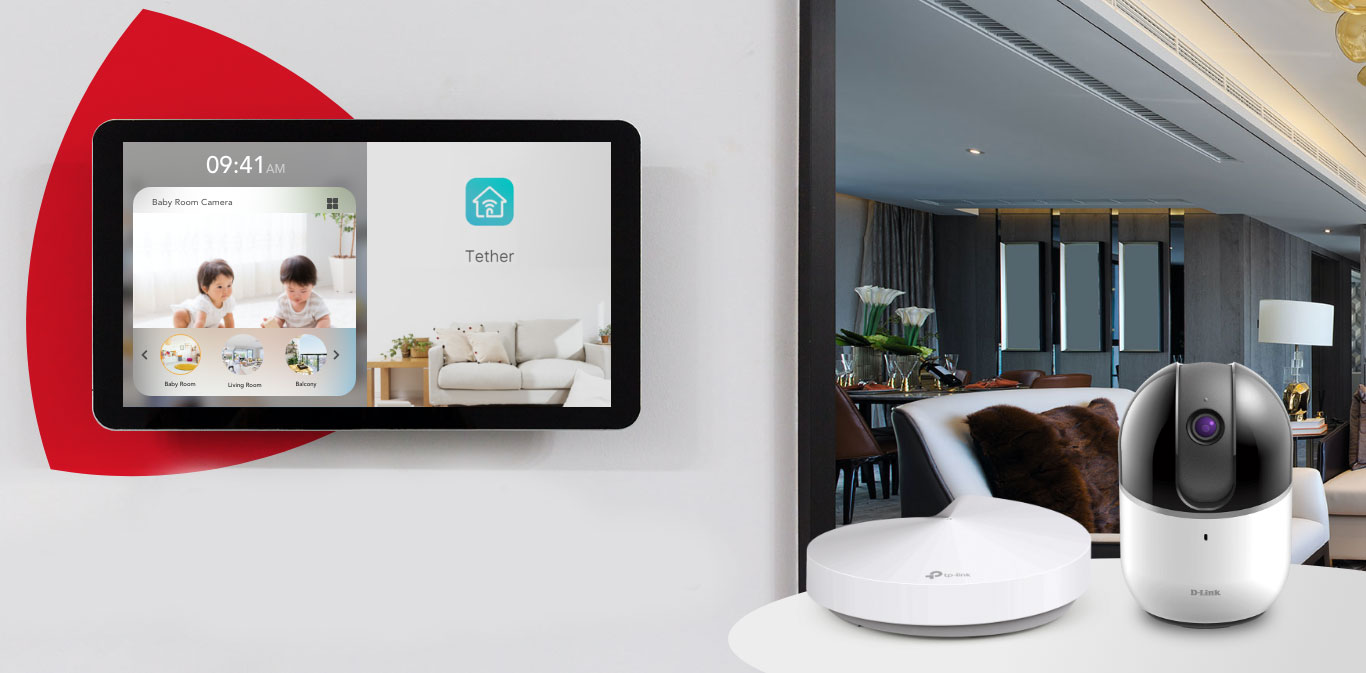Smart home devices are rapidly increasing in popularity. According to Statista, a German company specializing in market and consumer data, the number of smart homes will multiply by 2023, with a global total of 350 million predicted worldwide. But before you embark on an all-out buying spree, ask yourself the following questions if you're thinking about upgrading your traditional home into a state-of-the-art home of the future.
One of the pressing questions to ask is, “Is your WiFi reliable?”
Can your WiFi handle it?

Examine your Internet connection to verify whether it’s fast and stable enough to handle smart devices. Why? Because these gadgets rely on a robust in-home network to work and interact with one another. The internet allows for a seamless flow of data between devices and allows for real-time information transmission.
To design your smart home, you may require a sophisticated router with the latest specifications. Thankfully, PLDT Home, has the most powerful and fastest fiber-to-the-home network that can deliver up to 1000 Mbps symmetrical speeds and has the fastest broadband in 16 out of 17 regions in the Philippines.
Which smart home device complements your lifestyle?
You can’t go to the store and buy everything on the shelf. Consider which areas of your home you’d like to automate. Do you want to save energy by investing in a smart thermostat or lightbulb? Do you prefer a smart motion sensor, a smart doorbell, or smart locks to bolster your home security? Would you want to just update your lifestyle with smart coffee machines, speakers, and smart televisions?
See which gadgets best fit your needs and have the most potential to make a difference. Compare brands and read customer testimonials. Otherwise, you’ll have a slew of ill-advised items collecting dust in your drawers.
Does it allow centralized control?

Many people buy smart devices to make their lives easier by getting technology that helps do their work for them. Unfortunately, no matter how advanced, automated gadgets still rely on human orders to function. You have control, and you don’t want to make home management even more difficult by letting incompatible gadgets into your smart home network.
So be sure the smart home devices you’re buying work well with your home hub and assistant. Once you’ve unified and harmonized your smart home systems, you’ll be able to control many devices with a single tap. Invest in smart home equipment that can be operated from a single app on your smartphone to reduce the burden.
Is your device safe and secure?

Threats lurk under the waves of the Internet. If you’re not careful, you may infect your entire smart home network, which may result in the loss of not just your money but also your valuable data and personal information. A rogue smart home device turning your life upside down is the last thing you want!
So, before connecting new smart home gadgets to your home internet, be sure your network is secure. Invest in reliable Internet security software that can detect threats from a mile away. Use a unique password to secure your network and set up a guest network for your smart home technology. This way, even if your network is hacked in the worst-case situation, your personal information will be safe.
Should you go DIY or hire an expert to install?
Installing smart home gadgets on your own is not always simple. While some may be plug-and-play, others may need drilling into walls or rewiring.
When installing heavy-duty smart home systems, don't be afraid to hire a professional. The majority of smart home firms provide installation and maintenance services. You may subscribe to annual plans to maintain your smart home in good working order.
Investing in a smart home is a wise decision. However, before buying a smart home gadget entirely, you should answer these questions. This way, you'll be able to make informed purchases and get the full benefits of home automation.